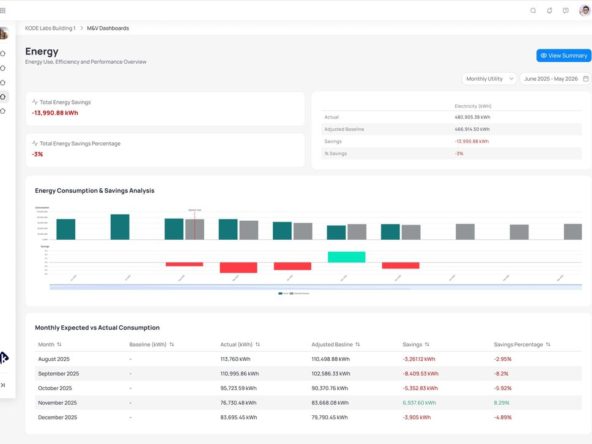Lower rates helped Detroit-based Rocket Companies, the parent of Rocket Mortgage, improve its originations in the first quarter of the year — a period also marked by the announcement of two major acquisitions in Redfin and Mr. Cooper.
But the second quarter is expected to look different. While the macroeconomic landscape made mortgage production more challenging in April, the company will now shift its focus from closing deals to integration.
Battling through headwinds
“Let’s start with the housing market, which kicked off on a positive note to start the year,” Varun Krishna, CEO and director of Rocket Companies, said during a call with analysts.
Housing inventory improved, reaching four months of supply, and the 30-year fixed mortgage rate declined from 7% in January to 6.6% in March. That briefly improved affordability and sparked some refinance activity, he added.
Krishna mentioned Redfin data showing that one in four Americans are cancelling plans for major purchases, including homes. Purchase applications — which typically increase between March and April — fell sharply week over week throughout April, a trend the industry hasn’t seen since the Great Recession of 2009.
In this context, Rocket originated $21.5 billion in mortgages in the first quarter, up from $20.2 billion in the same period last year but down from $27.8 billion in the fourth quarter of 2024. Net rate lock volume reached $26 billion, an increase of 17% year over year and 11% quarter over quarter.
Chief financial officer Brian Brown told analysts the increase was “driven by growth in refinancing and continued momentum in home equity loan offering, which posted yet another record quarter.”
Rocket’s direct-to-consumer channel remained the primary driver, generating $11.3 billion in volume during the period, compared to $9.2 billion from its third-party originator (TPO) channel. The company experienced some competitive pricing dynamics in the TPO channel during the first quarter.
As a result, gain-on-sale margins for Q1 2025 were 289 basis points, down from 311 bps in the previous quarter. This decline was driven by a margin of 465 bps in the direct-to-consumer channel and 139 bps in the TPO channel.
Rebound on the horizon?
Overall, Rocket reported a GAAP net loss of $212 million from January to March, compared to a $291 million profit in the same period last year, per filings with the Securities and Exchange Commission (SEC). Adjusted earnings, which excludes non-cash expenses and one-time charges, totaled $80 million in Q1 2025, down slightly from $84 million in Q1 2024.
Brown told analysts that Rocket remained focused on driving growth and profitability while balancing deliberate investments with disciplined expense management — particularly important in what is typically a seasonally low quarter.
In his prepared remarks, Krishna highlighted the company’s $1.3 billion in adjusted revenue. That was “at the high end of our guidance” for the quarter, compared to $1.1 billion a year earlier. Expenses rose to $1.2 billion in Q1 2025, up from $1 billion in the same period last year.
Looking ahead, Rocket expects adjusted revenue of $1.175 billion to $1.325 billion in the second quarter, reflecting a difficult April in terms of margins and volume. But there is the potential for a rebound in May and June.
The company is leveraging technology to better navigate mortgage market cycles. Brown noted that Rocket can support $150 billion in origination volume without adding a single dollar in fixed costs.
Additionally, Krishna said the company served 21% more origination clients in March 2025 compared to March 2024. It reduced turn times by 14%, which he described as “AI in action.”
Redfin, Mr. Cooper integrations
Krishna said the company will now prioritize the integration of Redfin and Mr. Cooper, despite having $8.1 billion in liquidity, including $1.4 billion in cash, on the balance sheet.
“These acquisitions are fundamentally about three things: strengthening our business model, fueling our platform with data and ecosystem partners to power Rocket AI, and building an elevated client experience,” Krishna said.
“Integration is a top priority for our leadership team right now. Over the past several weeks, we’ve been working closely with leaders at Redfin and Mr. Cooper.”
When asked about Mr. Cooper potentially losing subservicing clients due to the Rocket deal, the company said it remains enthusiastic about the business, fully supports it and intends to honor all contractual provisions.
Competitor United Wholesale Mortgage (UWM) has already dropped Mr. Cooper as a subservicer.
Rocket’s stock was down roughly 1.2% in after-market hours on Thursday, trading near $11.50.


